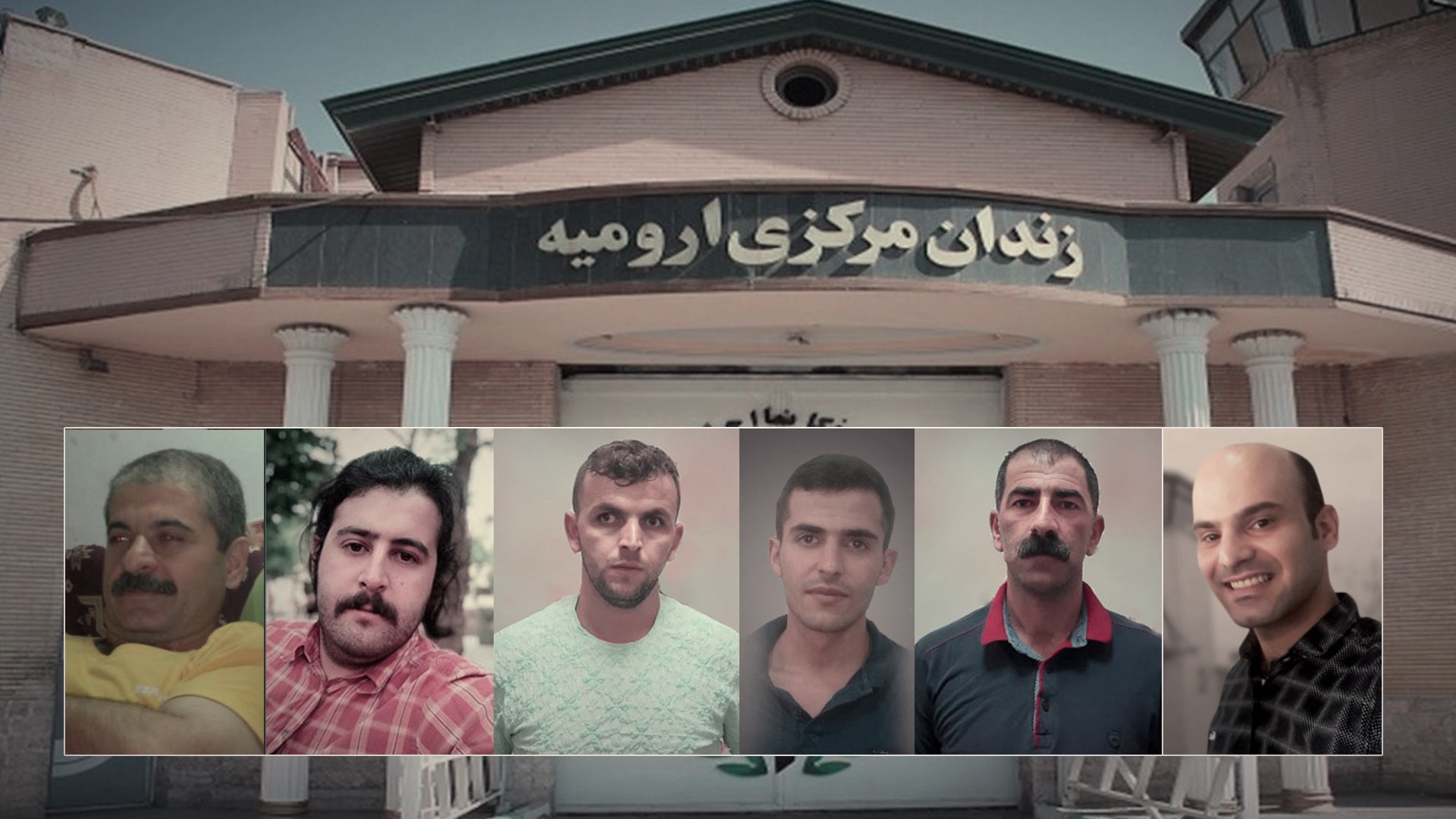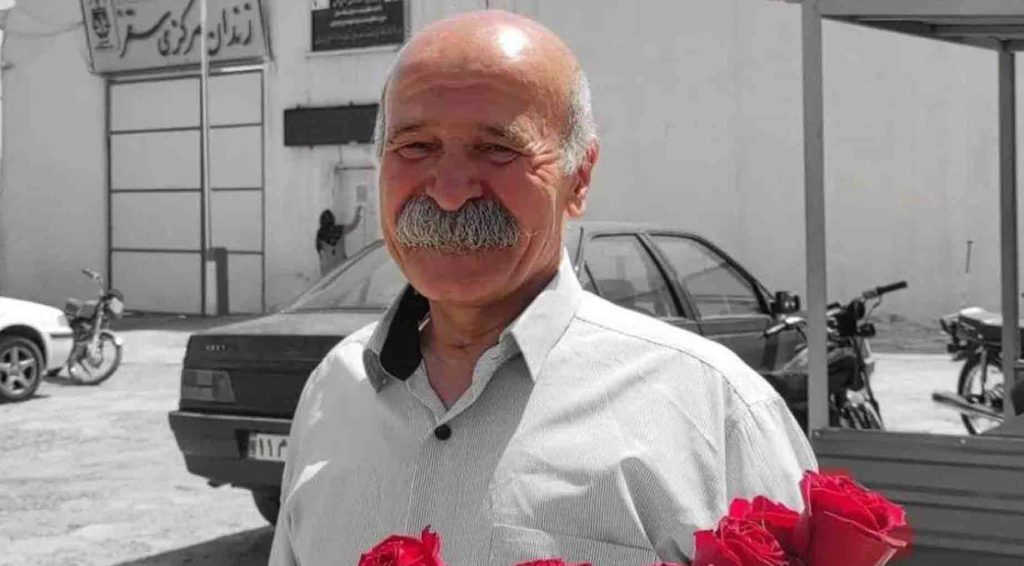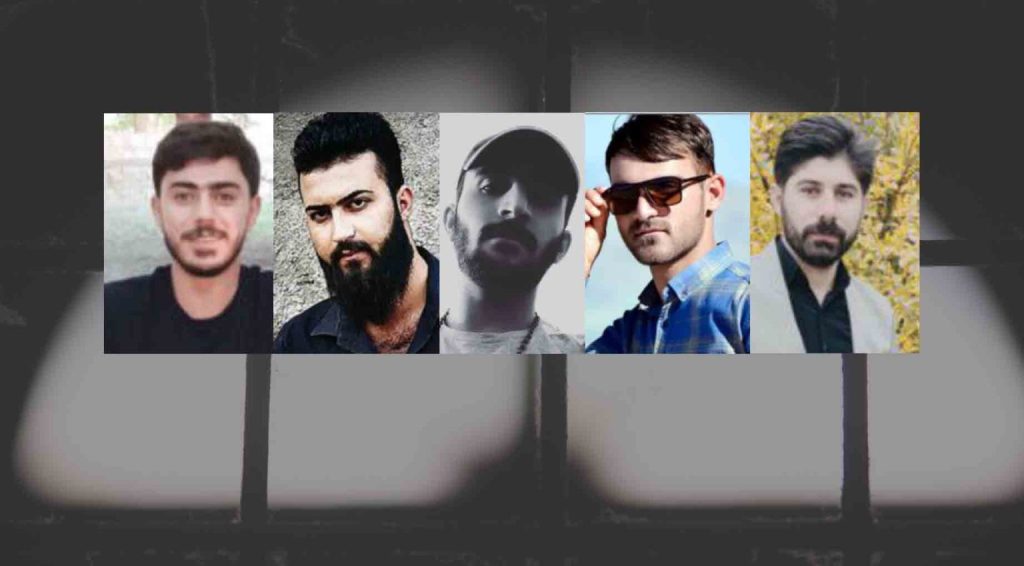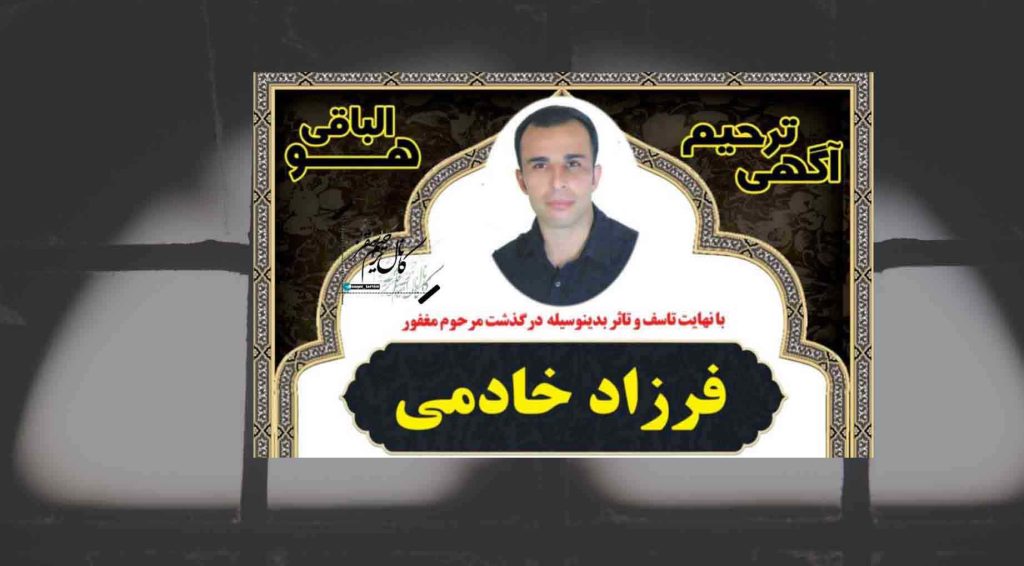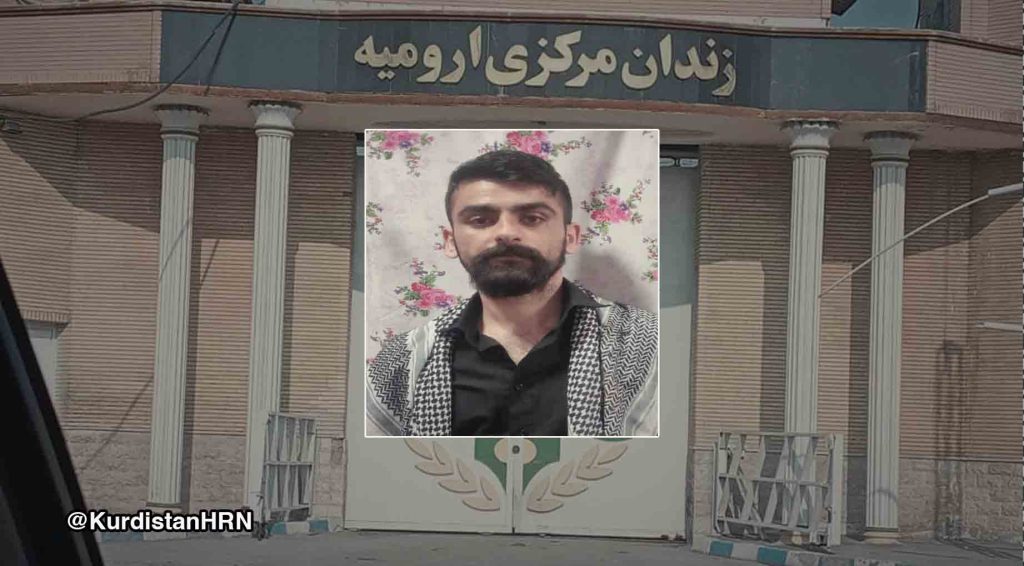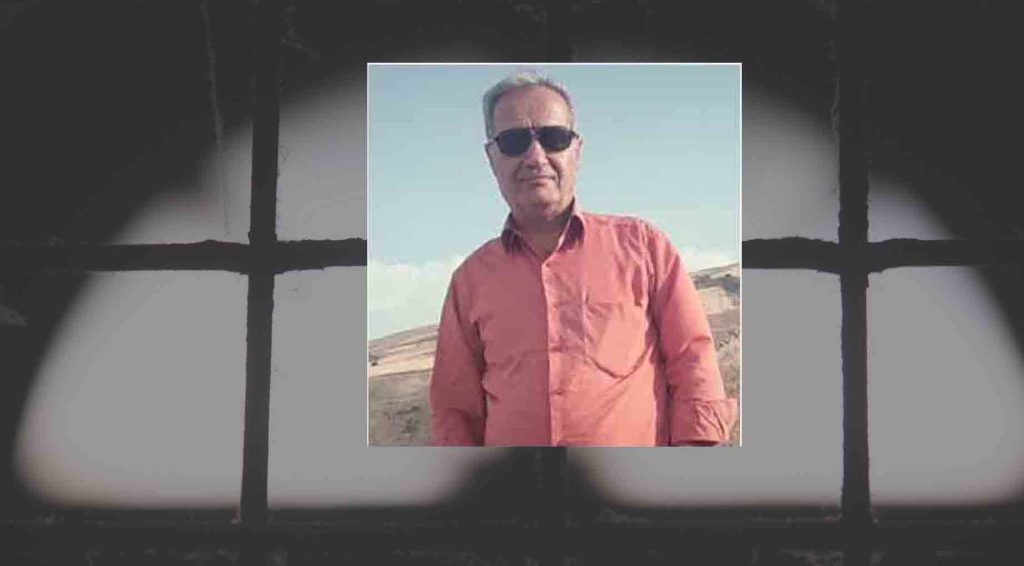Special forces of Iran’s Orumiyeh prison, in the northwestern province of West Azerbaijan, severely beat prisoners of conscience yesterday and took 20 prisoners to solitary confinement.
The prison head and the head of the special office of the Ministry of Intelligence in Orumiyeh Central Prison had ordered that all 47 prisoners of conscience be taken to a new high-security ward.
Following the order, the prison’s special forces raided the ward for prisoners of conscience and resorted to violence after some of the prisoners resisted the decision.
The forces severely beat and injured the prisoners, destroyed their personal belongings, and took them to solitary confinement.
“Some of the beaten 20 prisoners suffered severe head, arm, and chest injuries. They were transferred to solitary confinement by the order of the prison head instead of being taken to the prison infirmary”, an informed source told the Kurdistan Human Rights Network (KHRN).
“The 20 prisoners included Farzad Samani, Keyhan Mokarram, Kamran Ghasemi, Khaled Fereidouni, Nayeb Askari, Keyvan Rashozadeh, Hatam Ozdamir, Hamed Ghareh-Oghlaei, and 12 other political prisoners whose names are not yet known”, it added.
According to the source, several officers of the intelligence ministry were also present during the raid and the beating of the prisoners.
Political prisoner Hamed Ghareh-Oghlaei’s sister, Hanieh Ghareh-Oghlaei, also confirmed on her personal Twitter account that a group of political prisoners, including her brother, had been transferred to solitary confinement.
Earlier, on 12 December 2021, all 47 inmates of the ward went on a strike to protest against the decision to transfer them to the new security ward.
They first refused to receive prison rations for five days and then went on a hunger strike for a week.
The prisoners ended their strike after meeting with the head of the prison who promised to pursue the matter and try not to relocate them to the new security ward.
Contrary to the promise of the prison head, on 10 January political and religious prisoners were taken to the new security ward, which has a smaller area and fewer facilities than the previous ward.
With the transfer of prisoners to the new ward, all their communication with other wards would be cut off.
The high-security ward has been built next to the ward for prisoners carrying out penal labour and on the area of the prison’s main bath on two floors; one for the prisoners of the military court and the ground floor for political and religious prisoners.
Also, the control and jamming systems in this ward are stronger than the previous one.
The names of all 47 prisoners of conscience are as follows:
Sirvan Hosseini Asl, Saman Hosseini Asl, Mohyeddin Tazehvared, Davoud Jabbari, Sirvan Amini, Amin Delneshin, Yaser Sharafaddin, Khaled Fereydouni, Arsalan Khodkam, Hossein Osmani, Mohyeddin Mollah-Ebrahimi, Dara Rashidi, Keyvan Rashozadeh, Kamran Ghasemi, Kamel Sidan Maskan, Anvar Chaleshi, Mohammad Saeidi, Towfiq Abdollahi, Mohammad Hosseinpour, Khosrow Zarestan, Seyyed Aram Aminol-Eslam, Farshad Fattahi, Hamed Ali Mohammad Mashkouh, Mokhtar Ebrahimi, Rahmat Daryabandeh, Siavash Javan, Mohsen Mahali, Taher Hosseinzadeh, Behzad Talaei, Hemin Chawshin, Behrouz Brakhas, Houshang Chamanbar, Hedayat Soleimanzadeh, Nayeb Askari, Ali Mohammadi Moghadam, Abdolaziz Gol-Mohammadi, Hamed Ghareh-Aghlani, Sardar Ozmash, Mohammad Birdal, Sakar Eini, Mohammad Houshangi, Farzad Samani, Firouz Musalou, Shaker Behrouzi Dizaj, Keyhan Mokarram, Hatam Ozdamir, Mehdi Saaneh Farshi

